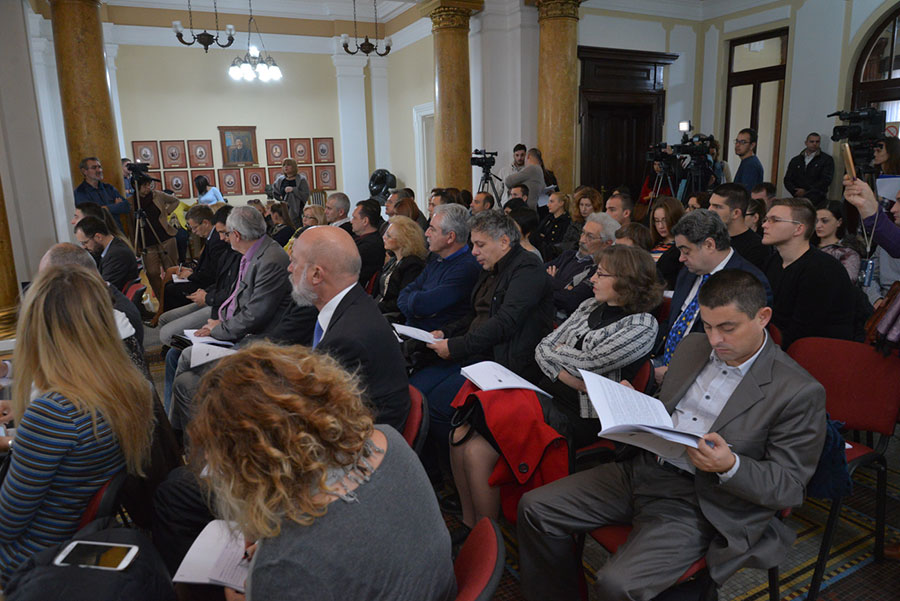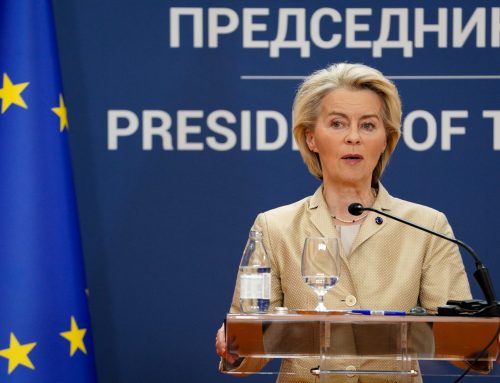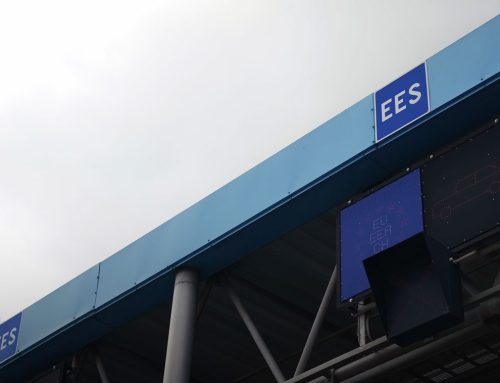The progress is tangible, but much work still lies ahead, especially when it comes to the development of free market, freedom of expression, public sector and judiciary reform, concluded the participants in the presentation of 2016 European Commission Report on Serbia held at Mayor’s House in Nis. The presentation was organised by the EU Info Point Nis in cooperation with the City of Nis.
Representatives of the local self-government, economy, academic and business community all shared their views about Serbia’s progress on the EU path.
At the event held at Mayor’s House, the EC Report on Serbia was presented by Radica Nusdorfer Head of European Integration Sector at the EU Delegation to Serbia.
“The Report took note of certain improvements in the area of the rule of law. However, considerable challenges remain in the areas of freedom of expression, efficient and unbiased handling of war crimes and functioning of the market economy,“ Nusdorfer said.
As strengths of the Serbian economy, she cited the reduction of public deficit, the fact that the economic growth is grounded in increased investment in the trade sector and export.
“It is necessary to develop an education system and implement structural reform. When it comes to infrastructure projects, they need to become more transparent,” said Head of European integration and economic affairs of the EU Delegation to Serbia.
She said that Serbia made certain progress in the area of agriculture, having in mind the ongoing process of Serbia’s accession to IPARD funds. The treatment of minorities remains one of the aspects that require additional work. “More importance should be attached to the Roma employment policy as well as strengthening of gender equality,“ Nusdorfer said.
The City of Nis clearly supports European integration
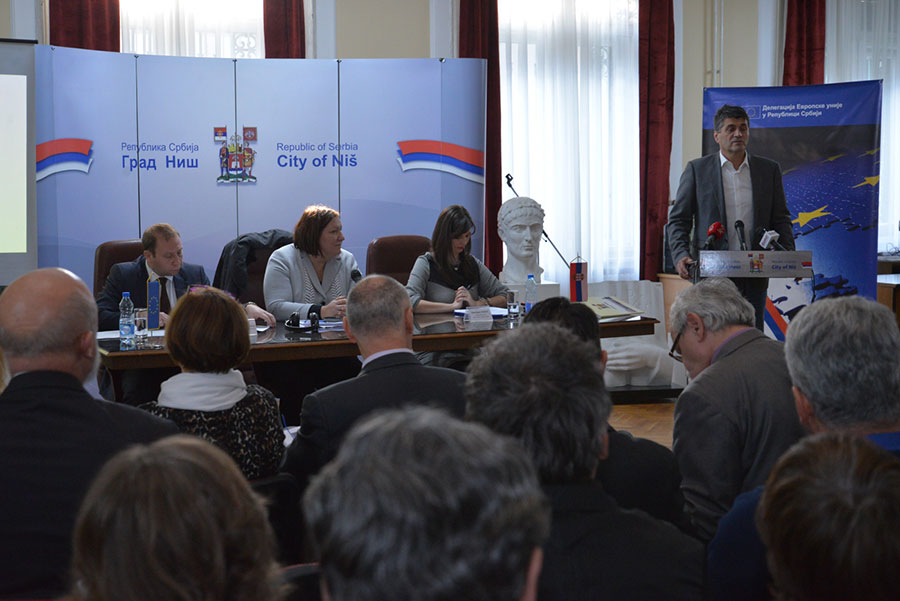
In his opening remarks, the Mayor of Nis Darko Bulatovic reminded about the major importance of every issue concerning European integration for the society as a whole and thus the City of Nis.
“We are delighted to see the EU recognise us as a part of the European family. What can be noticed is the progress of the country, society as a whole and each of its members. Setting the standards is, however, something we lack,“ Bulatovic said. Mihajlo Zdravkovic, City Councillor in charge of Economy, also noted a positive shift in the country.
“The EU Info Point in Nis proves that Nis is EU-oriented. Also, budget stabilisation and GDP growth undoubtedly prove that progress has been made,“ Zdravkovic said.
What should be done?
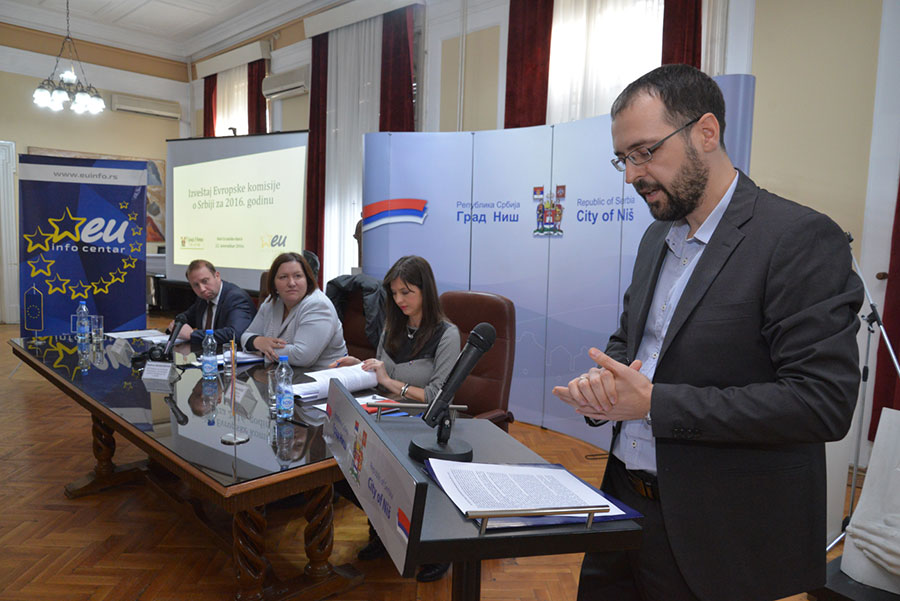
Assistant Professor at the Faculty of Law in Nis Aleksandar Mojasevic assessed the EC Report as highly useful. “We could learn a lot from the European Commission reports published over the last decade. Macroeconomic indicators have improved, monetary policy has also been evaluated as positive. The courts, however, remain inefficient, the state continues to exert considerable influence on the economy, the unemployment rate remains too high and we are faced with a serious brain drain,“ Mojasevic said.
He noted the growth of investment in real economy, a higher rate of technical literacy, but also pointed to the negative trend of dominance of services over manufacturing.
“My impression is that, despite political manipulation, Serbia did make progress, especially when it comes to institutional framework and regulation,“ Mojasevic said.
Decentralisation as a condition for progress
Commenting on the latest indicators, Milivoje Jovanovic, Manager of ENECA, the organisation providing support to entrepreneurs, said that centralisation remained an issue in Serbia. “Uneven regional development remains the main issue.“
“Situation is far worse in Southern Serbia compared to statewide level across all indicators,“ said Jovanovic and added that “we have neither backslid in any area, nor made any major progress.“ As major barriers to encouraging entrepreneurship, he mentioned excessively high contributions and too many para-fiscal charges.
“In the next five years, we will need some 100 thousand new companies in order to generate new value,“ said ENECA Manager.
Ivana Milijev shared her entrepreneurial experience with the audience, saying that nowadays, it is much harder to sell a product than to produce one. “Over the last three and a half years, with the equipment provided by ENECA, I have made a name for myself on the market,“ Milijev said and added that “the state should provide incentives for emerging entrepreneurs.“
Key challenges
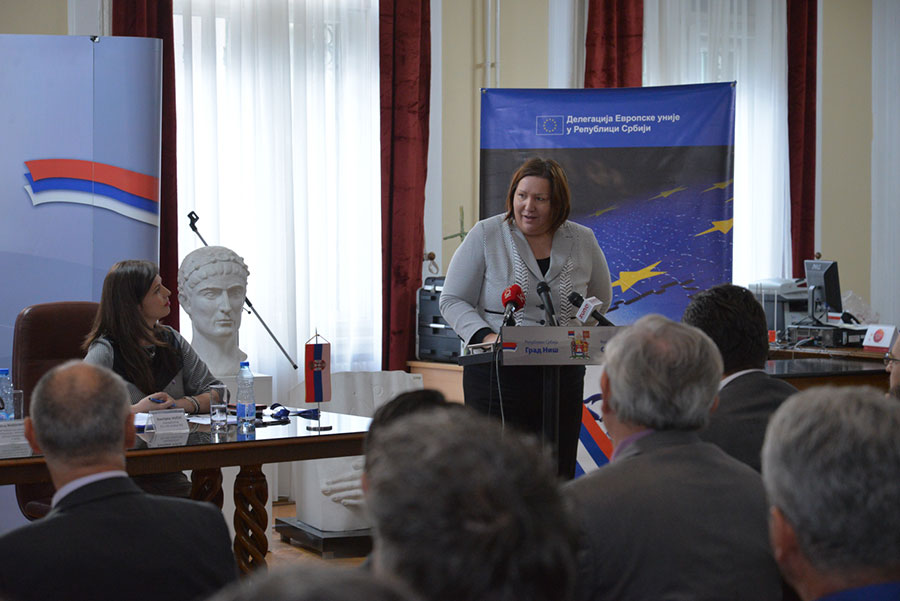
Summing up the results achieved so far and speaking about the period ahead, Head of European Integration Sector at the EU Delegation to Serbia Radica Nusdorfer said that the latest EC Report pointed to the key challenges such as “inclusion, transparency, law adoption, judiciary reform, combating massive corruption, job creation, adequate implementation of the legislation.“
Following the opening remarks, the participants engaged in a constructive discussion. Apart from economic issues, the participants showed great interest in education, assessing it as well-advanced yet outdated, adding that it lacks practical application and is incompatible with labour market needs.

